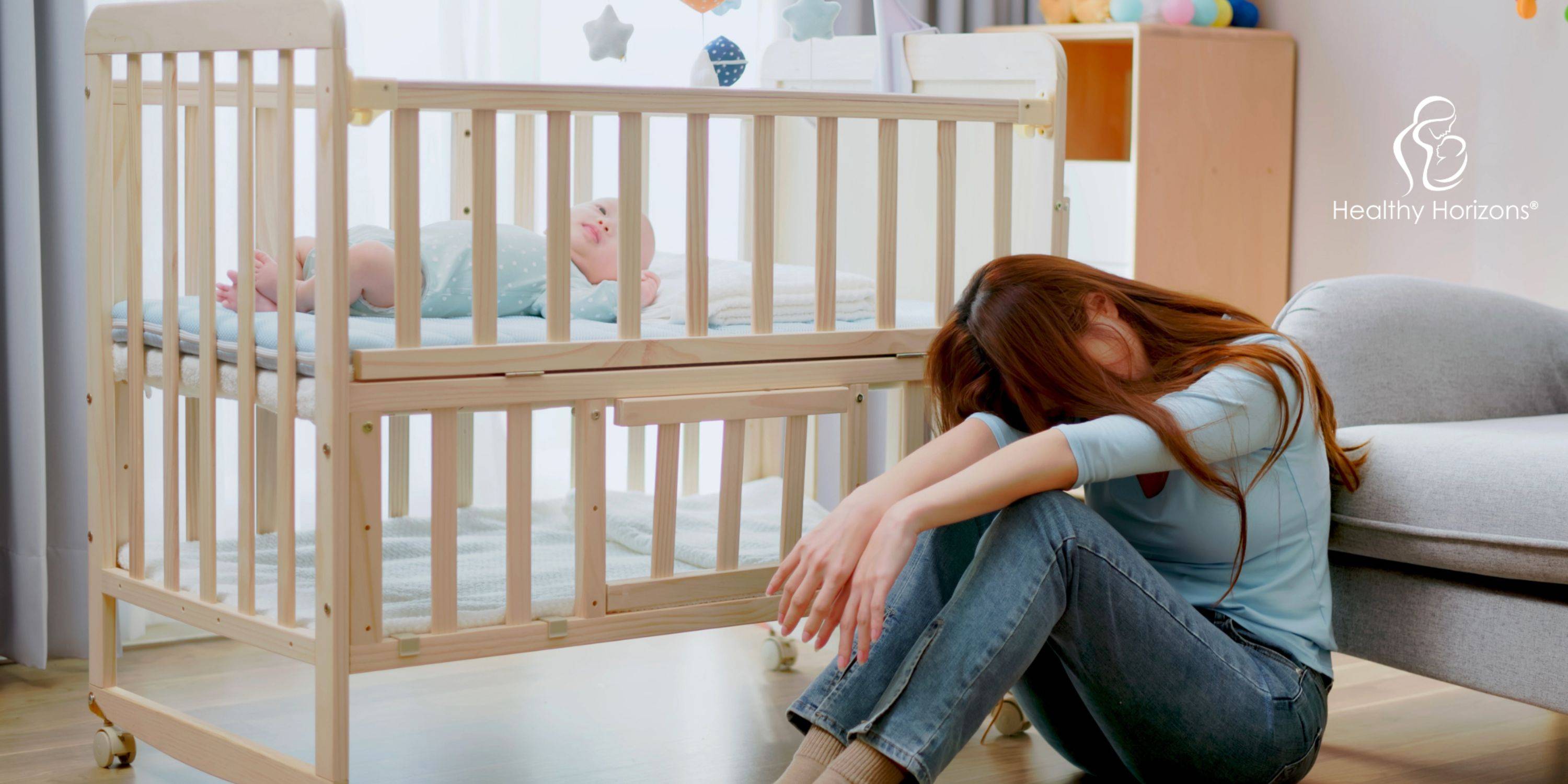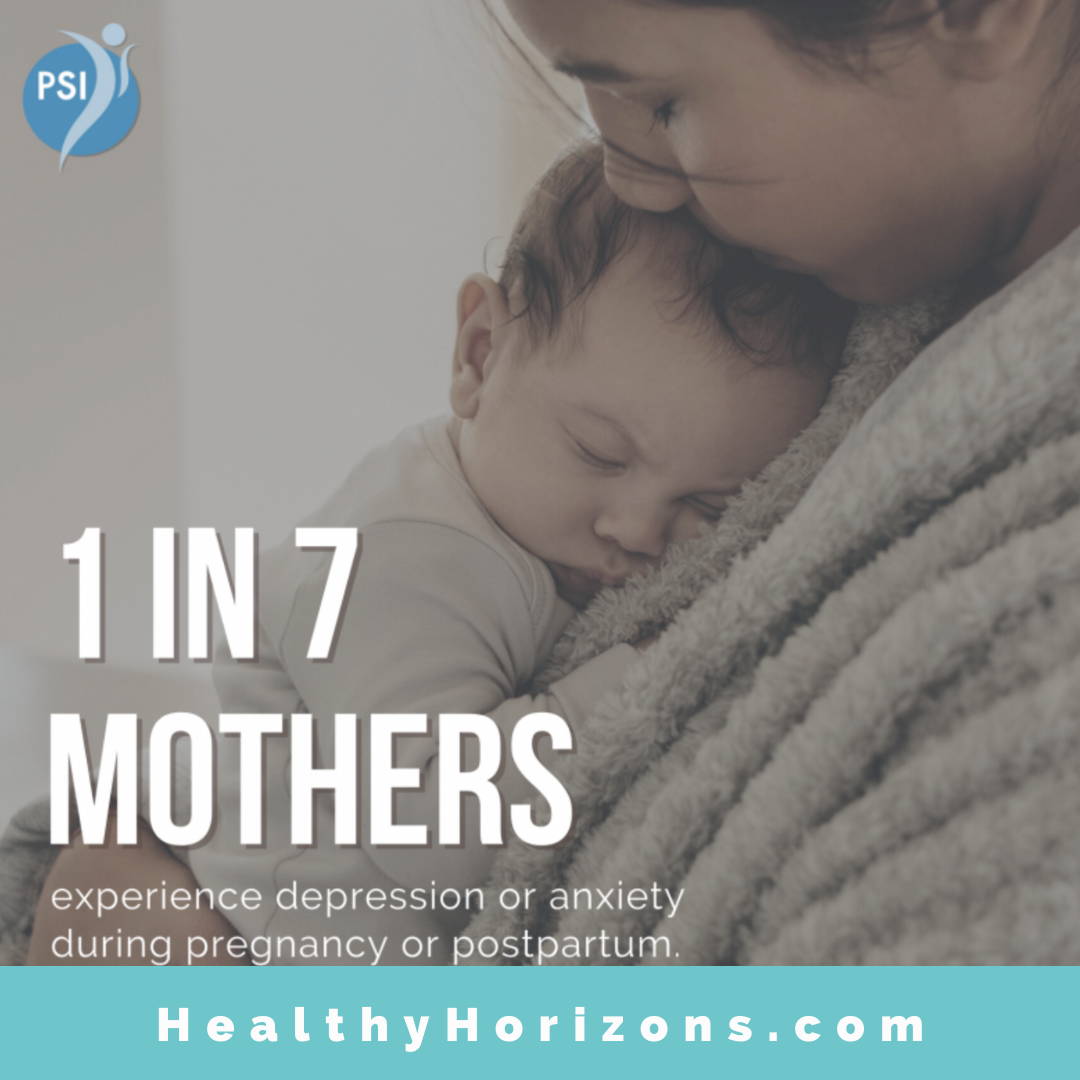No Products in the Cart

The birth of a child is often considered a joyous and fulfilling experience. However, for many women, the postpartum period can be accompanied by unexpected emotional challenges. Postpartum depression and anxiety are two common conditions that can significantly impact a new mother's well-being and ability to care for her child. In this article, we will explore the causes, symptoms, and treatment options for postpartum depression and anxiety, shedding light on this important but often overlooked aspect of motherhood.
Defining Postpartum Depression and Anxiety:
Postpartum depression and anxiety are mental health disorders that affect women after giving birth. While they share similarities, they are distinct conditions that require individual attention.
Postpartum Depression: Postpartum depression is characterized by intense feelings of sadness, worthlessness, and emptiness. Mothers experiencing this condition often lose interest or pleasure in activities, have difficulty bonding with their baby, experience changes in appetite and sleep patterns, and may even have thoughts of self-harm or suicide. It is important to note that postpartum depression can occur anytime within the first year after childbirth.
Postpartum Anxiety:
Postpartum anxiety is marked by excessive worry and fear related to the baby's health and safety. Women with postpartum anxiety may have constant intrusive thoughts about potential harm befalling their child. They often experience restlessness, irritability, difficulty concentrating, and physical symptoms like rapid heartbeat and shortness of breath. Postpartum anxiety can also manifest in panic attacks, which are sudden episodes of intense fear or discomfort.

Causes and Risk Factors:
The exact causes of postpartum depression and anxiety are not fully understood. However, a combination of biological, hormonal, psychological, and social factors contributes to their development. Some common risk factors include:
Treatment Options:
Recognizing the signs and seeking appropriate treatment is crucial for a mother's well-being and the healthy development of her child. Here are some common treatment options for postpartum depression and anxiety: